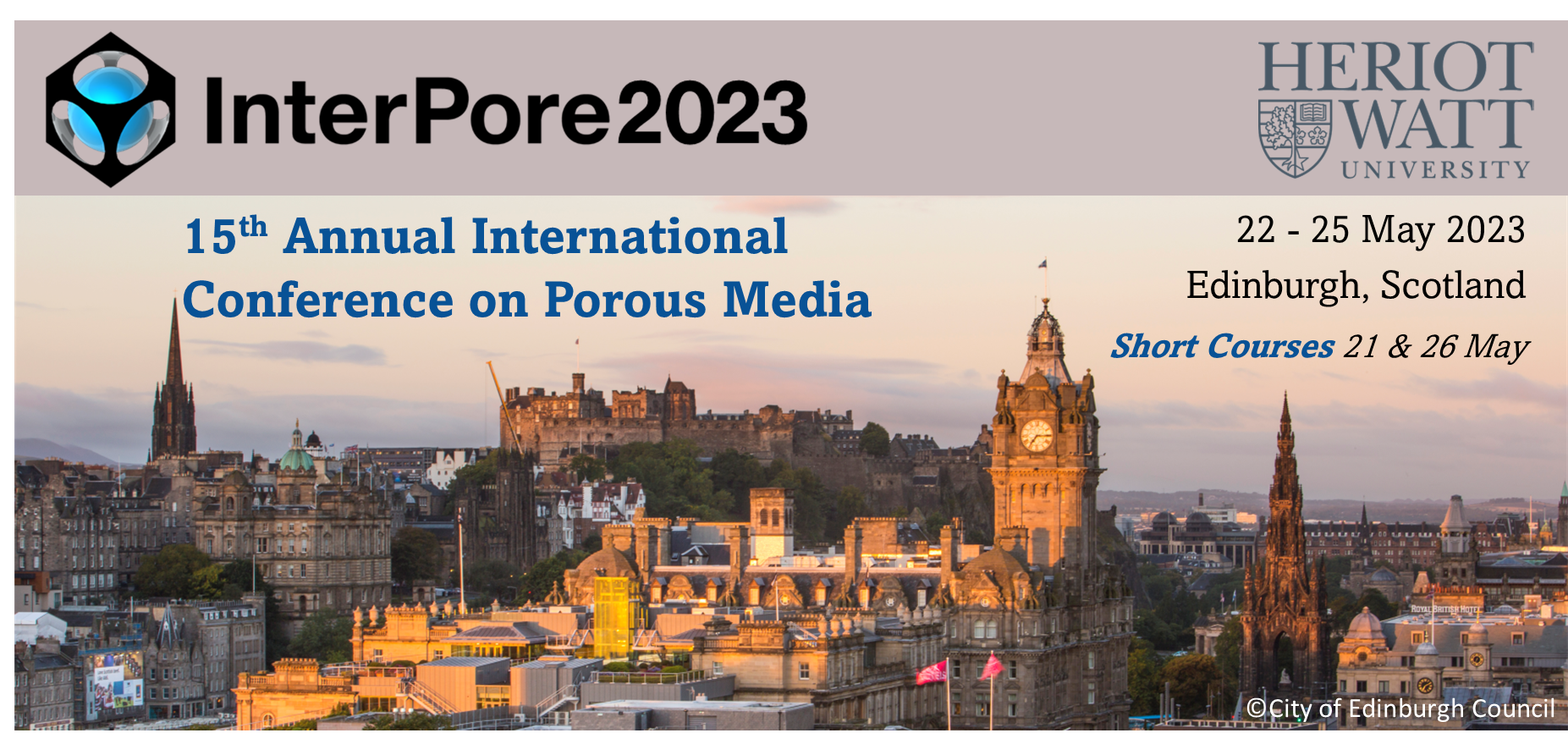Speaker
Description
The rise in greenhouse gas emissions, particularly carbon dioxide (CO$_2$), has become a significant environmental issue and is directly responsible for global warming and its harmful effects on the planet. Geological CO$_2$ storage (GCS) has emerged as a promising solution to reduce CO$_2$ emissions into the atmosphere. However, for GCS to be successful, long-term containment of CO$_2$ underground is essential. CO$_2$ leakage can occur through both engineered pathways, such as leaks associated with wells, and natural pathways, including caprock and geological faults. Existing materials developed to prevent CO$_2$ leakage have exhibited problems such as aggregation, degradation, high viscosity which limits the injectivity, and poor tolerance to temperature, pressure, and salinity. Therefore, it is crucial to identify materials that do not have these shortcomings to enhance the safety of GCS projects.
The aim of this research study is to design materials that are sensitive to CO$_2$ and have the ability to block leakage pathways while remaining stable under high temperatures, pressure, and salt concentrations. Another aspect of this study involves testing the rheology of the materials under different conditions that may be encountered during underground storage. To gain a deeper understanding of the behavior of these materials in porous media, numerical modeling will be conducted from both a pore and field perspective. As a reactive, multicomponent, and multiphase issue, this problem requires a comprehensive numerical approach. This research is also a collaboration between the University of Manchester and A*STAR institutition.
| Participation | In-Person |
|---|---|
| Country | United Kingdom |
| MDPI Energies Student Poster Award | Yes, I would like to submit this presentation into the student poster award. |
| Acceptance of the Terms & Conditions | Click here to agree |







